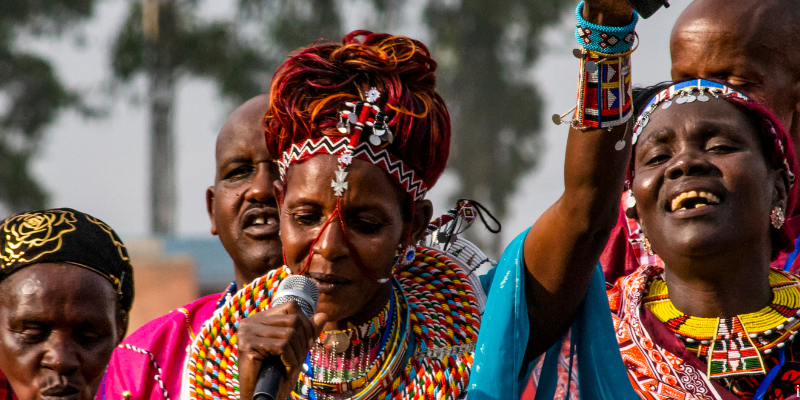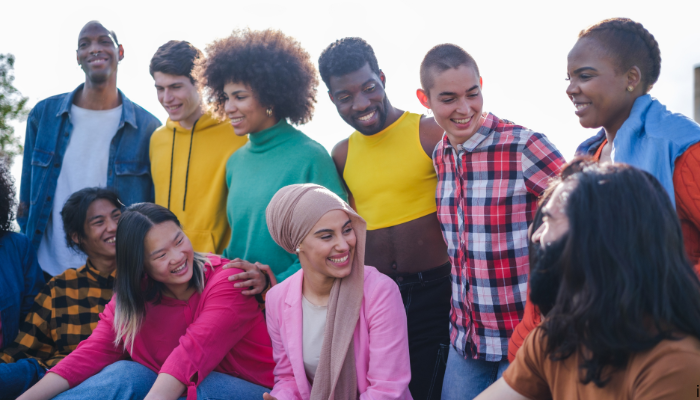The Importance of Cultural Preservation
Cultural preservation helps to ensure that Kenyan children born abroad grow up with an understanding of their roots. It instills a sense of pride in their identity and provides them with a cultural framework that is distinct from the mainstream cultures of their adopted countries. This connection to their heritage can also foster a stronger sense of belonging within their families and communities.

Challenges Faced by the Diaspora
Additionally, the fast-paced nature of life in many diaspora communities may limit opportunities for cultural gatherings, traditional ceremonies, and other communal activities that help keep traditions alive. Without these communal spaces, it can be challenging to pass on cultural knowledge and practices to the younger generation.
Strategies for Preserving Kenyan Traditions
Cultural Education: One of the most effective ways to preserve Kenyan traditions in the diaspora is through education. Parents can teach their children traditional languages, songs, dances, and stories at home. Community centers and cultural associations can offer classes and workshops that focus on Kenyan arts, crafts, and cuisine.
Celebration of Cultural Festivals: Organizing and participating in Kenyan cultural festivals abroad is another way to keep traditions alive. Festivals like Jamhuri Day, Madaraka Day, and Mashujaa Day can be celebrated with traditional food, music, and dance, bringing the community together and creating a sense of home away from home.
Diaspora Networks and Organizations: Kenyan diaspora organizations play a crucial role in preserving cultural heritage. These groups can organize events, provide resources, and create networks for Kenyans living abroad. By connecting with others who share similar cultural backgrounds, individuals can reinforce their cultural identity and share best practices for maintaining traditions.
Use of Technology: In today’s digital age, technology can be a powerful tool for cultural preservation. Social media platforms, websites, and apps can be used to share cultural content, connect with others, and even organize virtual events. Online platforms can also provide access to resources like language lessons, traditional recipes, and cultural documentaries.
Intergenerational Engagement: Engaging elders in the community is key to preserving cultural knowledge. Elders can share their experiences, stories, and skills with younger generations, ensuring that this knowledge is passed down. Family gatherings and community events that encourage intergenerational interaction can help bridge the gap between the old and the young.
